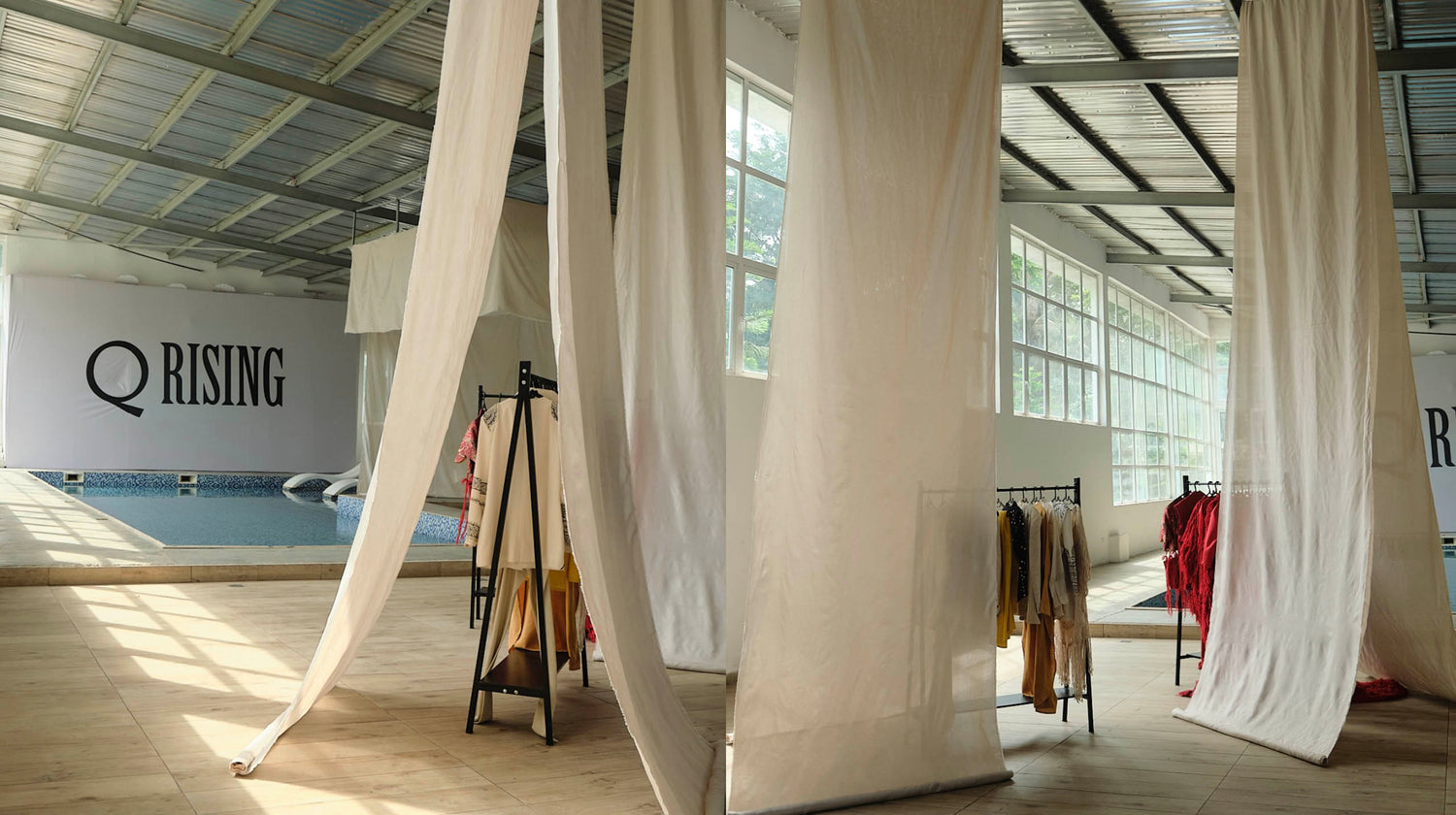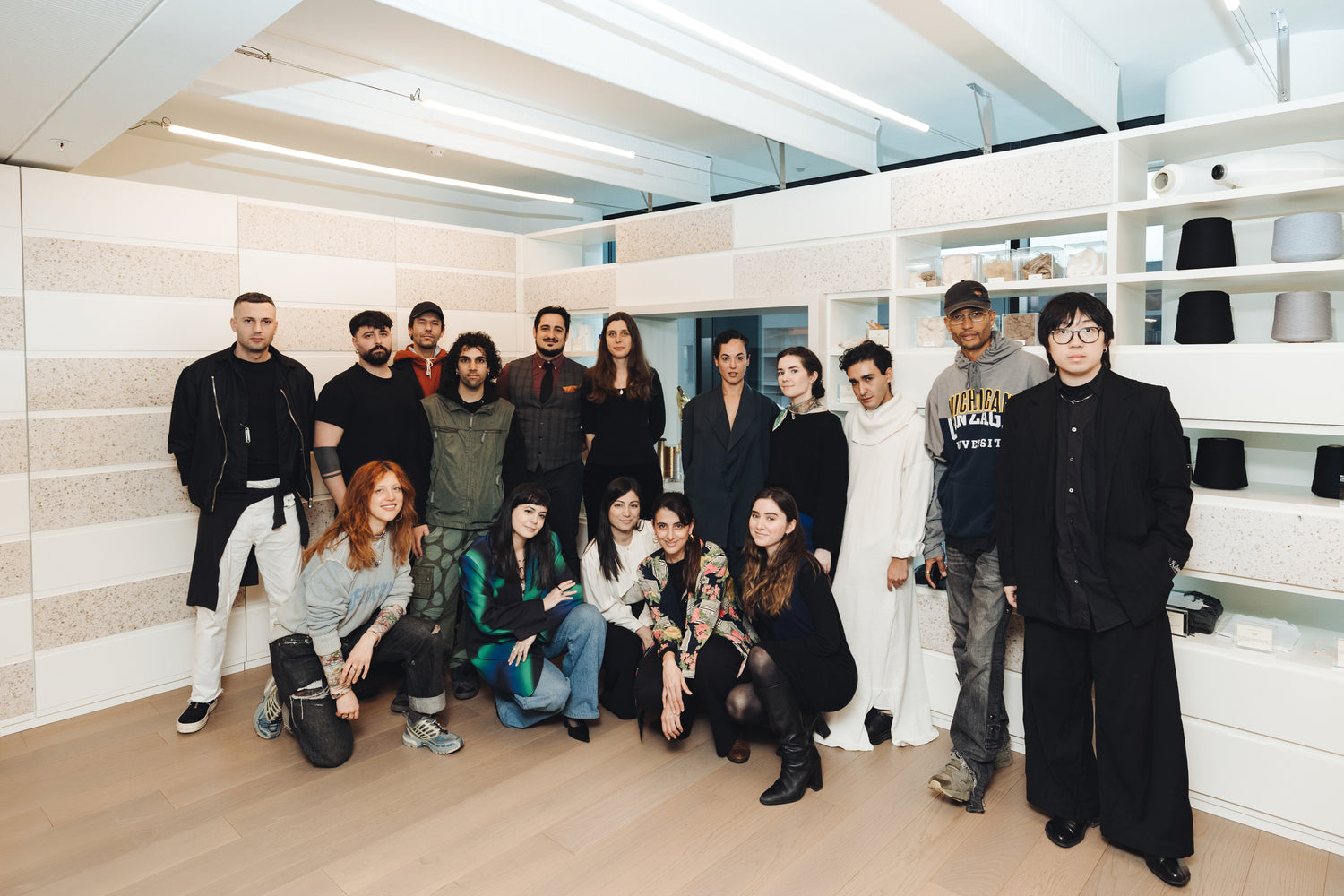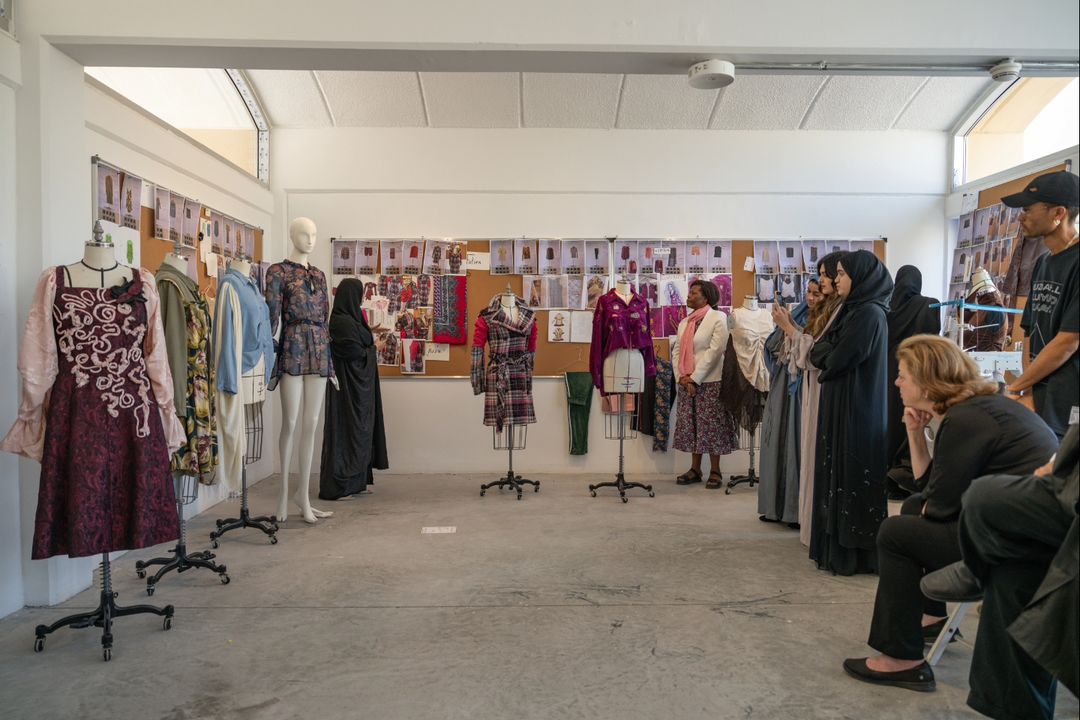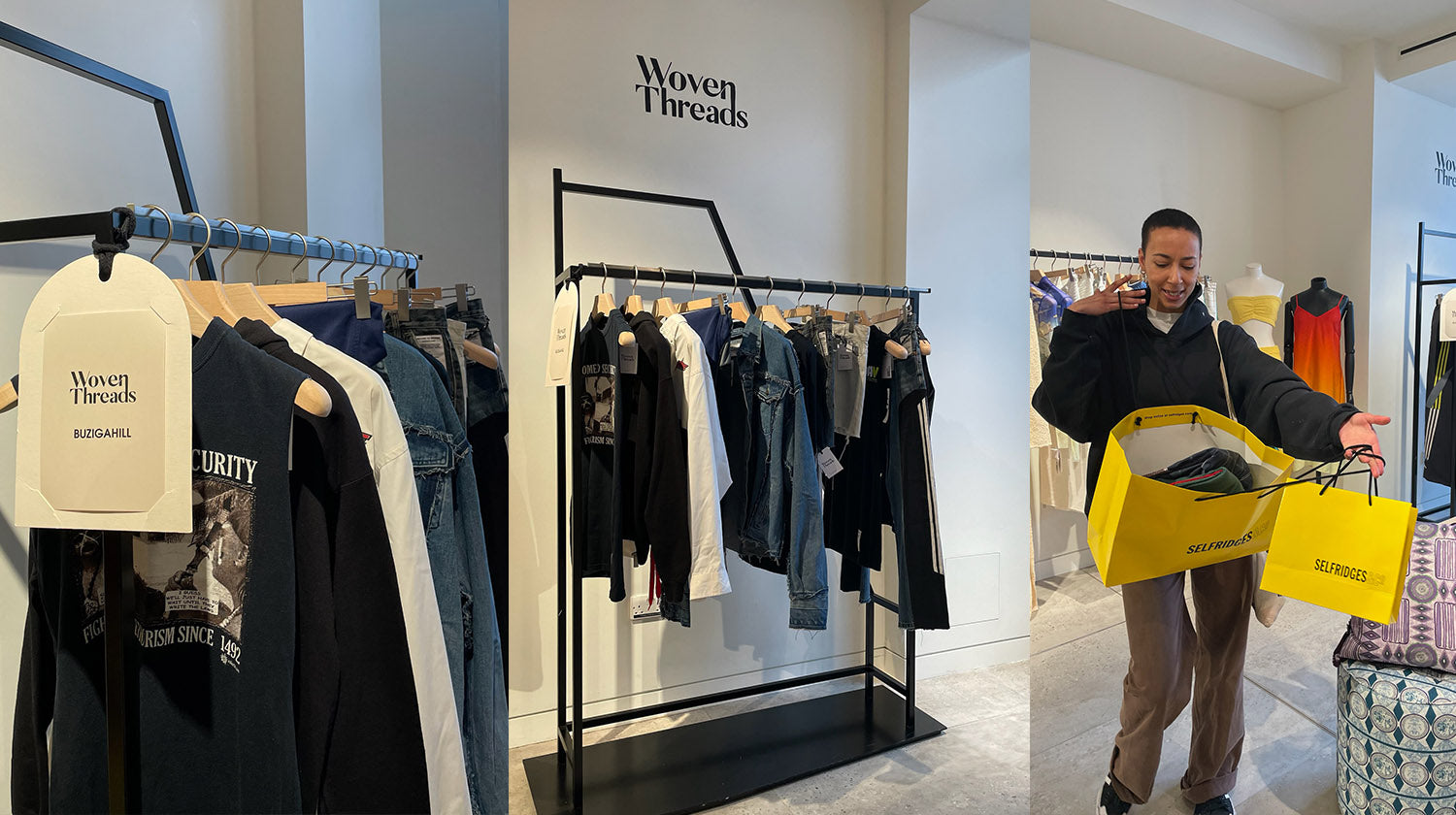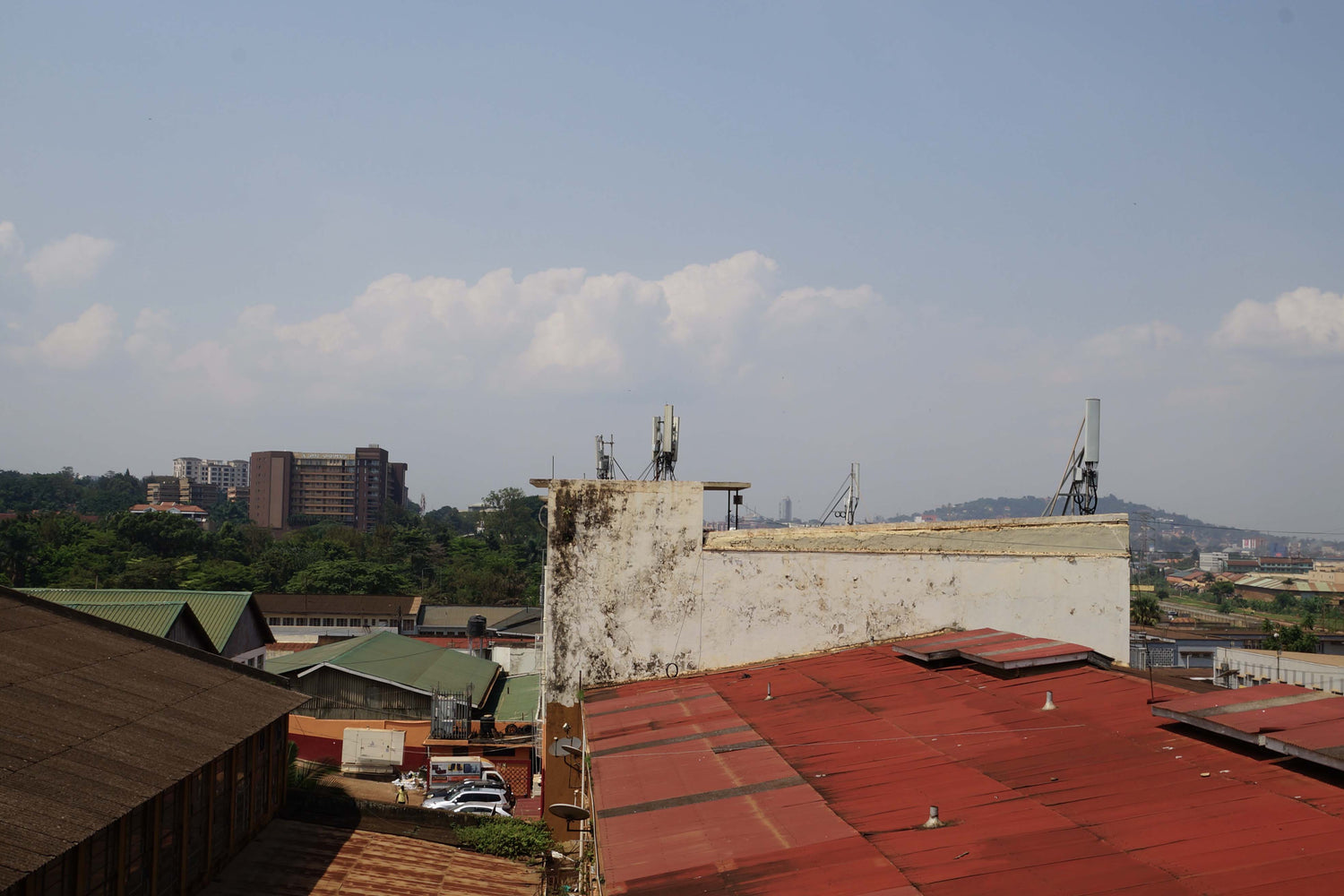End of Year Party
20.12.2024: We closed out the year dancing to sets from our friends: Kampire, Decay, Nsasi, Masaka Masaka and Authentically Plastic in Yujo Izakaya's dungeon.
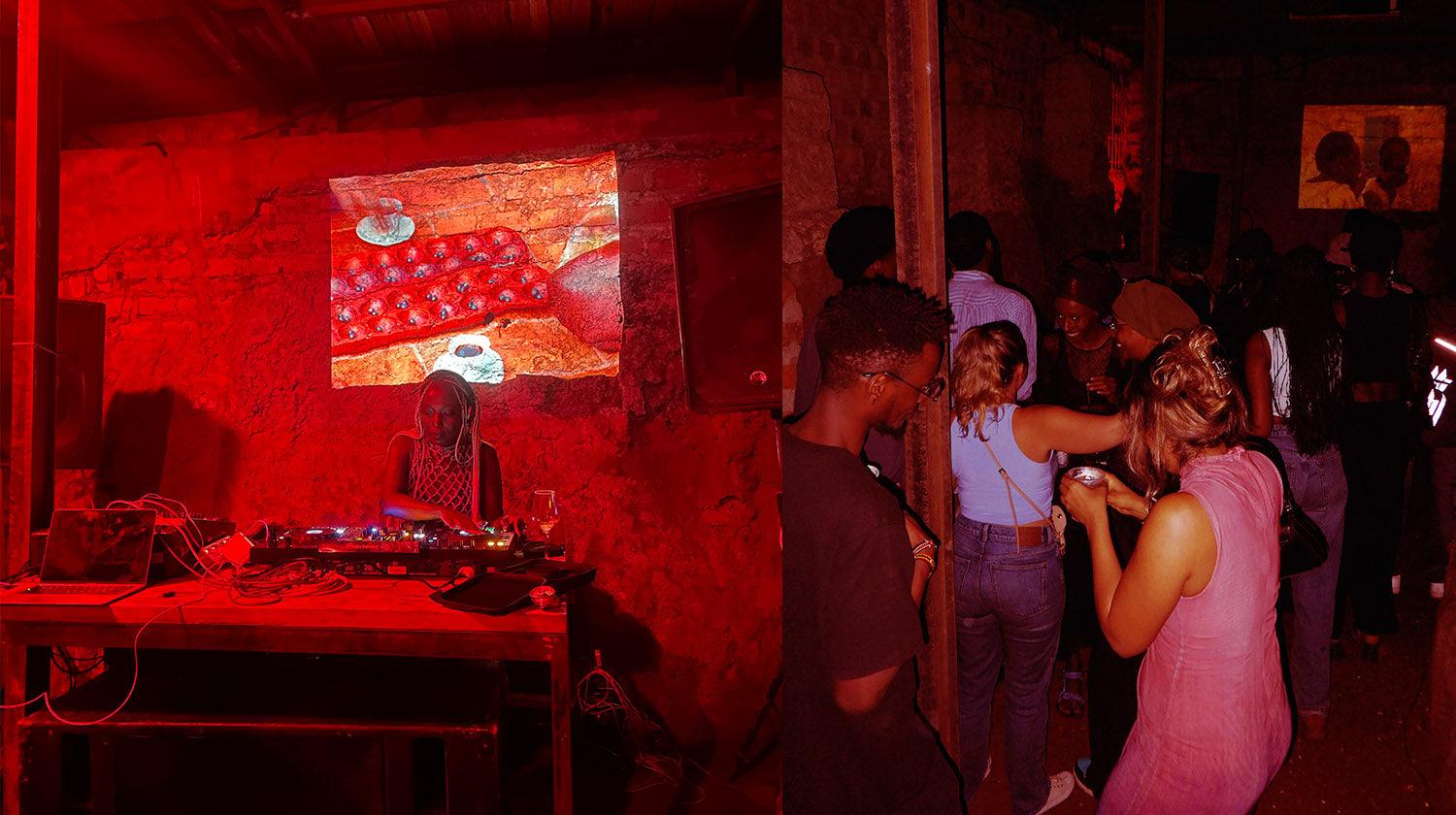
In a defiant act called RETURN TO SENDER, Kampala-based BUZIGAHILL redesigns second-hand clothes from Europe, the USA and Asia, and redistributes them to their origins in the Global North.
BUZIGAHILL and RETURN TO SENDER are a direct response to the impacts of second-hand clothing on Uganda’s textile industry. RETURN TO SENDER represents BUZIGAHILL's ability to participate in the global contexts of art, fashion and policy by creating critical and desirable products. This is a collective refusal to remain stuck at the end of the second-hand supply chain.
Fashion designer Bobby Kolade is the founder and creative director of BUZIGAHILL. He was born in Sudan to Nigerian-German parents and grew up between Kampala and Lagos. Bobby holds a masters in Fashion Design from the Academy of Arts Berlin Weissensee and has professional experience at Maison Margiela and Balenciaga in Paris. He is a passionate gardener.


